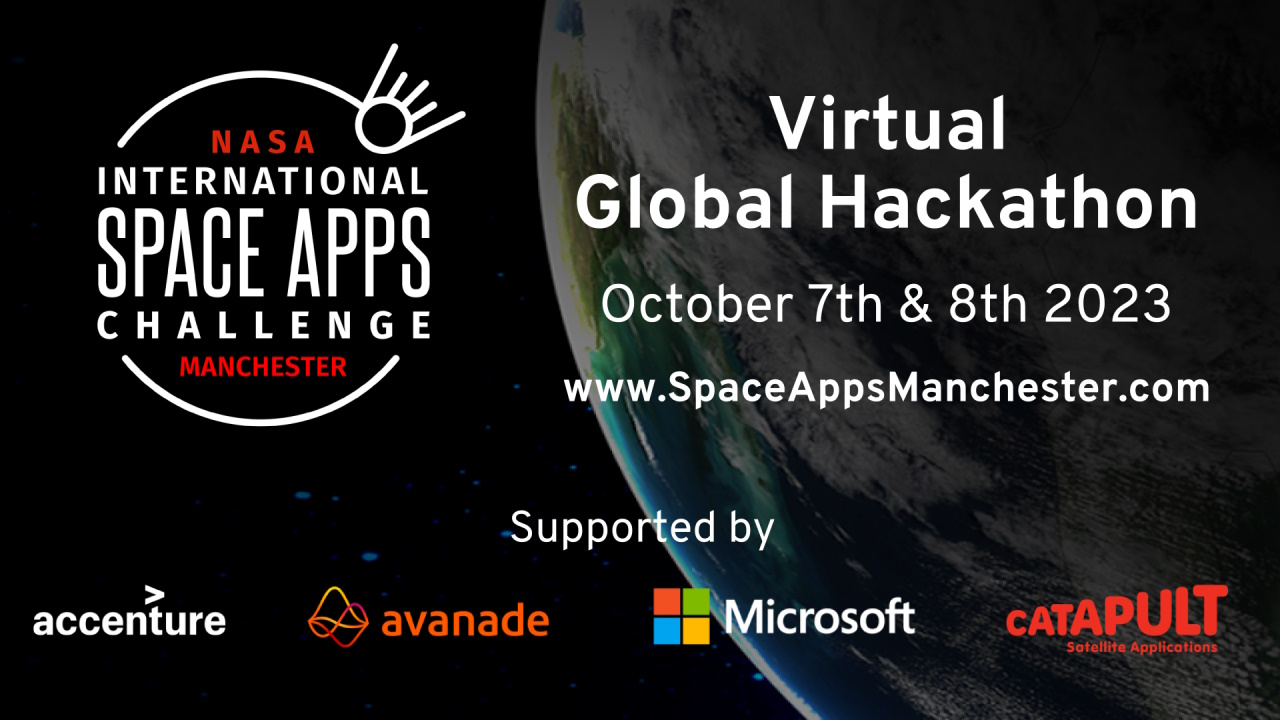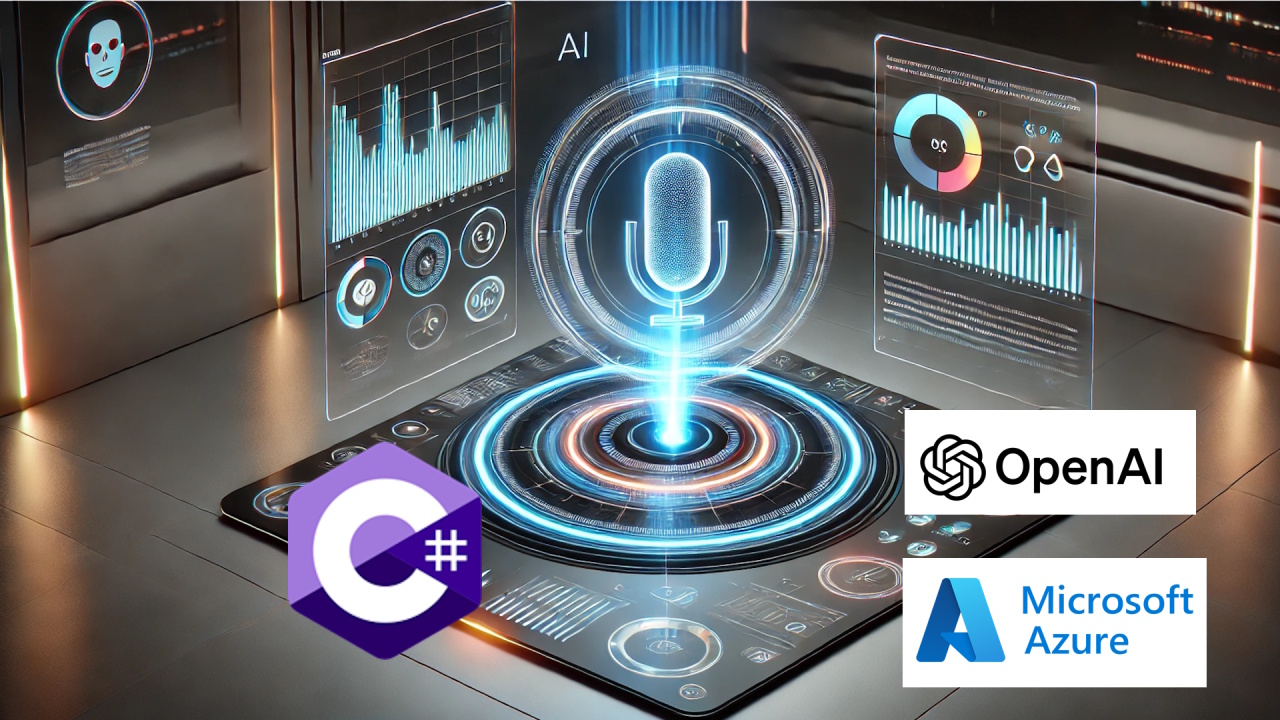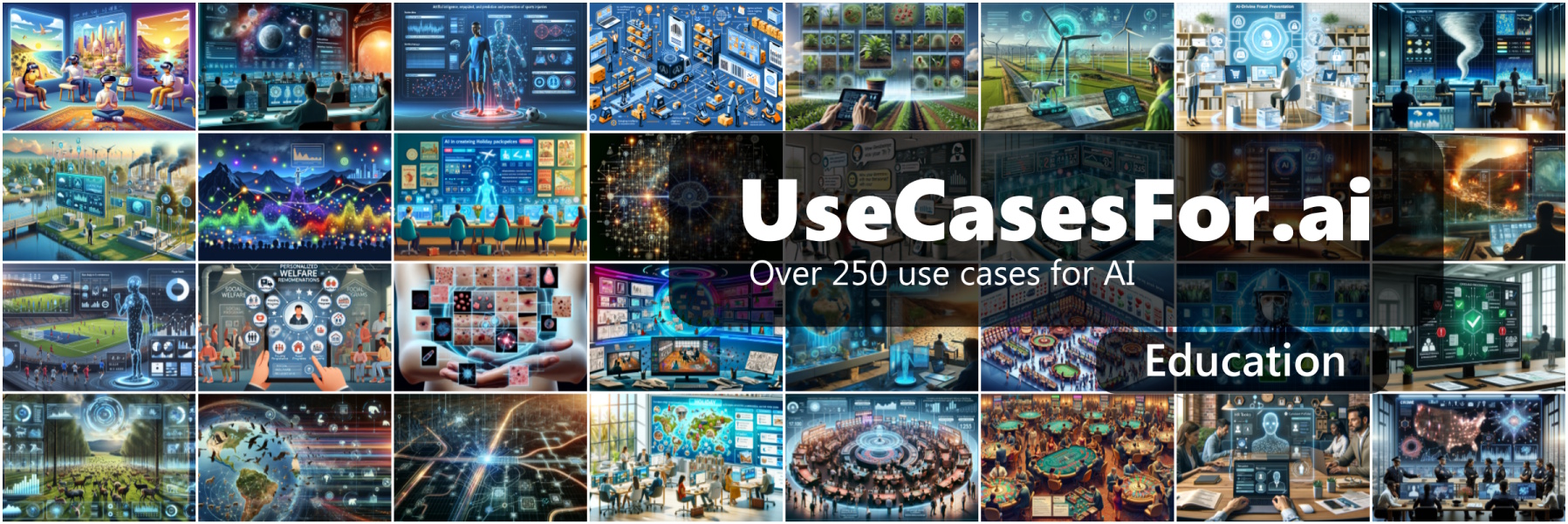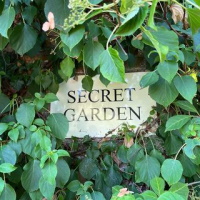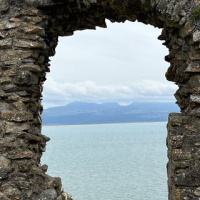I love space and I love hackathons.
Many years ago before eventually deciding to keep my feet on the ground and study Computation at Manchester I considered studying Space Science & Technology, Astronomy, Cosmology and Astrophysics at various universities as my mind was constantly filled with questions about the wonders of the universe.
It has been exciting to see the growth of the space industry over the last decade, watch it continue to accelerate and witness the adoption of many space related technologies in our lives. In particular, I marvel at the range and volume of data we now have at our fingertips gathered from the many satellites that orbit us, helping inform our decisions and creating new opportunities. Not only from a commercial perspective, but more importantly from a planetary science perspective to help tackle important sustainability challenges our world faces.
And it is at Hackathons that I see the greatest example of true innovation. The formation of an idea to solve a problem, and its subsequent implementation.
This is partly why I have participated at 20+ hackathons, and more recently been involved in running them. They are innovation nurseries where ingenuity is nurtured, and blank canvases given to creative minds to apply their technological toolsets to an solve an array of problems in new and novel ways.
Innovation is what happens when you give creative minds space, resources, time, a problem to solve and get out of their way.
NASA Space Apps Challenge 2023
The NASA Space Apps Challenge is the largest annual global hackathon in the world, drawing 10,000’s participants from around the world to tackle space and earth science challenges with innovative solutions.
In previous years I have participated and have done things like mapping Space Trash & Satellites orbiting the Earth or mapping Moonquakes in Augmented Reality.
Instead of participating this year, I decided to nominate myself as a local lead, and because local leads need to represent a city, I chose my home city of Manchester.
I was equally surprised, excited, and daunted when I was chosen to be the local lead of Space Apps Manchester. Even though the planning of the global event (by the central planning team) and local events is the most thorough I’ve seen of any hackathons, there was a lot of work to do to make Space Apps Manchester a reality.
Venue/Format
Initially I wanted to have the event in-person, however as you’d expect, many venues will not allow people to stay working throughout the night. Something that some hackathon go-ers prefer.
That mixed with expectations to consider insurance, sufficient wi-fi, power sockets & cables, provide food & nourishment, fire marshals, first aiders etc makes in-person events a lot more logistically challenging.
Instead, I decided to make the event virtual, thereby opening it up to anyone around the world, reducing the logistical issues and increasing the pool of potential participants.
Prizes
I had already confirmed with my workplace Avanade that they would generously provide prizes for the 1st, 2nd and 3rd place teams in the form of space themed Lego prizes (or Amazon vouchers to the equivalent).
If we run the event again next year, I think I would like to increase the prize fund to attract even more participants.
The Website & Discord
It is common for local Space App events to have their own website where they can promote the event so I registered SpaceAppsManchester.com and the Twitter handle @SpaceAppsManc and set about creating the site with some basic HTML & JavaScript (Keep It Simple).
Whilst I had used Discord a number of times, this was my first time setting up a Discord server. I admit I got inspired by previously used Discord servers for which channels to create, how to group them and the best way to onboard new discord users.
Many thanks to Richard Healy from Microsoft for helping monitor the Discord channels during the event.
Judges
Sourcing judges was interesting, and I was pleased to secure some fantastic, industry relevant judges who were very generous with their time.
⭐ Marie Hamilton, Microsoft, Greater Manchester Lead
⭐ Peter Swanton, Satellite Applications Catapult, Senior Service Designer
⭐ Paul Thomas, Accenture, Global Space Director
⭐ Simon Turner, Avanade, UK CTO
The judging process (criteria, timeline, submission format) needed careful managing so that it was clear what criteria the judges were using to judge the projects, when, and how they were expected to complete their offline judging to allow me to announce the winners in a timely fashion.
The Winners
Speaking of winners, here are this years winning teams who impressed the judges.
🥇 1st Place: Bog_GPT
Used ESA and NASA satellite data, created a neural network to predict water-table depths in British / Irish peat-bogs to allow better monitoring of bogs that contain 30% of all carbon stored in soils.https://lnkd.in/eszE6rq6
🥈 2nd Place: Works First Time?!
Created an open science marketplace that lets people find open science projects they can get involved with based on their skills and interests with a Tinder like interface.https://lnkd.in/enRx2_HW
🥉 3rd Place: 3C 273
Using python, plotted moonquakes using latitude and longitude positions onto an image which was then wrapped onto a rotatable spherehttps://lnkd.in/eWdFwMuy
Summary
Organising hackathons can be a lot of work, though if done right (preferably by someone very familiar with hackathons), they can be very enjoyable and a great way of encouraging innovation and creativity in the tech community.
Watch out for Space Apps Manchester in October 2024!
-- Lee
